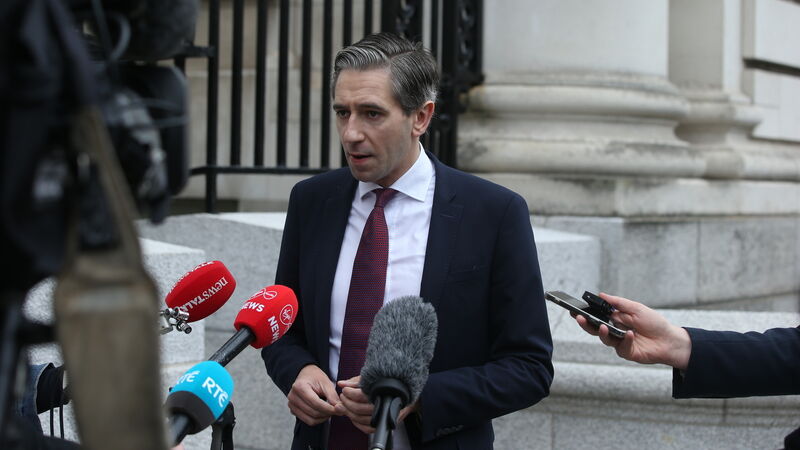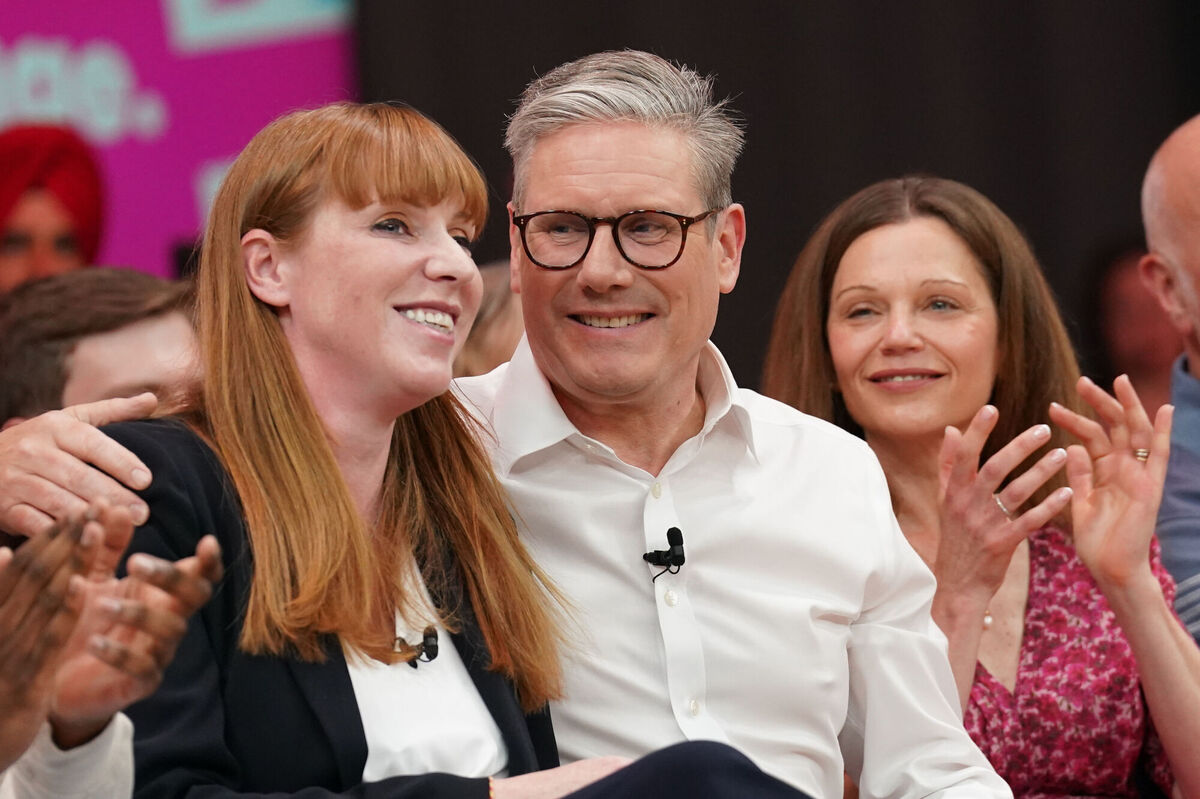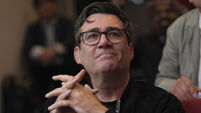Taoiseach hopes for 'great reset' in British-Irish relations with Labour government

Taoiseach Simon Harris said he looks forward to working with him as 'close neighbours and close friends'. Picture: Stephen Collins/Collins Photos
The election of a Labour government in the UK now provides an opportunity for "a great reset" in relations, the Taoiseach has said.
Congratulating Keir Starmer on a "comprehensive victory", Taoiseach Simon Harris said he looks forward to working with him as "close neighbours and close friends".
Mr Harris, who will be speaking with Mr Starmer in the coming hours, said: "The relationship between an Irish Taoiseach and a British prime minister is vital. Today is about looking forward, It's about realising the full potential of that relationship. It's time for a great reset.
"We have all the key players in place, I believe, to see that great moment of reset in terms of a close Anglo-Irish relationship that is absolutely key to people right across these islands."
He added that it is now time to "step up" and "seize the moment" to build the relationship between Ireland and the UK.
The Taoiseach pointed to positive language in the Labour manifesto around a commitment to partnership and of being co-guarantors of "our shared peace".
Speaking at Government Buildings, he said: "I will match Keir Starmer's commitment and energy to our peace process and to our future potential in so many areas."
Tánaiste and Foreign Affairs Minister Micheál Martin said the result presented an opportunity to “reset the relationships” – noting that Mr Sunak “didn’t really embrace the spirit of the Good Friday Agreement,”
Mr Martin told “He was okay in terms of the engagement and so forth. But not at the level that I would have previously experienced in different governments, in terms of that sense of two governments co-anchoring the Good Friday Agreement and having a very strong relationship.
“That wasn't the case over the last four years, and it was quite inconsistent.
"And I think Brexit had a bigger impact on Northern Ireland and the British-Irish relationship in terms of trying to resolve issues like the impact of Brexit on the Good Friday Agreement.
“It created tensions and strains, which are still playing out in the election in Northern Ireland today."
Mr Martin said the results in Northern Ireland, which included a DUP disaster as Ian Paisley Jr was the highest-profile name to lose a seat, meant that people would need to “sit back and reflect.”

He said: “At one level, there’s a move to the centre in Northern Ireland politics, at another level Ian Paisley losing - which is seismic- but losing to, if I used to phrase the ‘more hardline, traditional Unionists voice in the TUV, who were absolutely against any accommodation, in respect of the Windsor Framework.”
When asked further about Brexit, Mr Martin pointed to the Reform UK party claiming four seats, noting that up until this point Mr Starmer and Labour “studiously avoided Brexit.”
He said: “They didn't want to reopen that and lose votes and haemorrhage votes to you know, lose the red wall that they had to Reform,
“(Brexit, Ukraine and covid) created a really difficult situation for the UK economy.”
He said that it would be “interesting” to see where the Conservatives go next, questioning whether they would go further to the right to “shore up that vote.”
He said that the Tories were given a lesson from their engagement with migration.
“You can chase that stuff and keep promising people you're going to stop boats and you're gonna do this and the other.
“And it didn't fundamentally change. Brexit didn't stop migration into the United Kingdom. It actually went up higher after Brexit. And therefore, because it's more global, what's happening with migration.
“Rightly or wrongly, people are fearful. But it's a global situation. We have to do more to invest in countries that improve the quality of life of people in Africa and elsewhere to enable them to live fruitful lives in their countries. (We need to) end wars and conflict - wars are driving migration that there are lessons to be learned from how the Conservatives reacted to it.
He predicted that Keir Starmer would be “more pragmatic” towards the issue, but noted it would still be “challenging” for the new prime minister.












